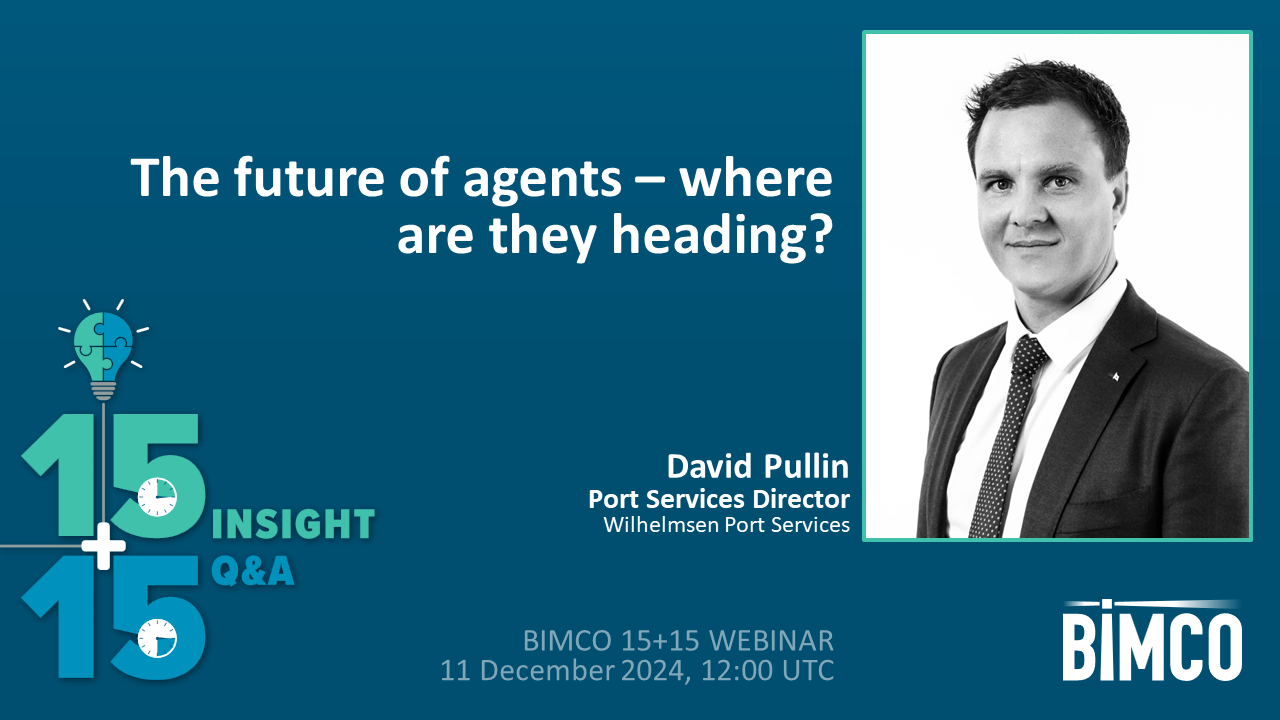Cargo Alert - Loading of iron ore fines in Sierra Leone

Overview
The BIMCO secretariat understands from a recent UK P&I report that there are risks of liquefaction involved with the loading of iron ore fines coming from Sierra Leone and ships arriving at port of Pepel are to be cautioned.
Hence, members intending to fix shipments of iron ore fines at Sierra Leone should be put on an alert due to the following increasing concerns raised by the said report :
- Iron ore fines that are being stockpiled outdoors uncovered during the wet season at the port of Pepel are subjected to a risk of liquefaction due to prolonged exposure to moisture. Some of these that are considered too low grade for export have now being blended with higher grade types for export. This recent activity is due to a phased restart of iron ore mines in the region and coupled with an apparent lack of regulatory oversight at the loading ports, iron ore shipments appear to be not assessed as required by the International Maritime Solid Bulk Cargoes ( IMSBC) Code .
- Iron ore fines at Pepel with moisture content above 14% is considered posing a high liquefaction risk and going up to 16% during the wet season.
- Inconsistencies reported with regard to cargo declaration and test certificates from shippers that can only suggest that shippers may not be thoroughly assessing the cargo's physical and chemcial characteristics or complying with the testing procedures as required by the IMSBC Code.
BIMCO Advice
- Iron ore fines are subject to the strict carriage requirements of the IMSBC Code. Shippers have a statutory obligation under SOLAS Reg VI/2 and the IMSBC Code 4.2 to provide the cargo information sufficiently in advance of loading so that precautions can be undertaken for proper stowage and safe carriage of the cargo and declare such information in a cargo declaration form. Iron ore fines have two cargo schedules in the IMSBC Code and can be classified either as liquefying Group A cargoes or non-liquefying Group C cargoes in accordance with the particle size distribution criteria set out in the cargo schedules
- For cargoes that can liquefy, it is important that ships accept only cargoes that have a moisture content below the transportable moisture limit ( TML) and due diligence should be conducted when accepting the shipper's cargo information and declaration form. It is the shipper's responsibility to arrange for the cargo to be properly sampled and tested and provide the master with the appropriate test and moisture content certificates in accordance with 4.3 of the IMSBC Code.
- Note that s.4.4.3 of the IMSBC Code stipulates that the shipper shall facilitate access to stockpiles for the purpose of inspection, sampling and testing by the ship's nominated representative. In conjunction with this, it is worth noting that though cargo may appear dry on the top surface of the stockpile, it may not be the same at increasing depths downwards of the stockpile in particular during the wet season.
- Note also that s.4.3.3 provides that the shipper shall have procedures for sampling, testing and controlling moisture of cargo on board established and approved/checked by the competent authority at the port of loading and that competent authority has to provide a document stating so to the master or his representative.
- When a master conducts a check test via the can test of the cargo onboard and it shows a 'dry' result, it does not mean that the cargo is safe below the TML limit. The test is more acceptable when it shows a 'wet' result with free moisture or fluid condition appearance of the surface of the cargo. Hence a can test showing a 'dry' result will still need to be subjected to another proper testing.
- S 5.5.2 provides that the interval between sampling/testing and the date of commencement of loading shall never be more than 7 days hence it is important to check the date of testing on the certificate of moisture content presented by the shipper. Should the cargo be exposed to rain between the testing date and the completion date of loading, the master can request the shipper to provide evidence that the moisture content of the cargo is still less than its TML.
- Always consult your P&I club for proposed shipments at Sierra Leone or any concern arising when iron ore fines are actually presented to ships at port.
BIMCO Solid Cargo Database
To view the carriage requirements of the iron ore fines in the IMSBC Code, please click on the following BIMCO links:
Feedback or a question about this information?
VPS Bunker Alerts
Veritas Petroleum Services (VPS) publish regular Bunker Alerts based entirely on fuel samples and have kindly permitted BIMCO’s Members to access this information.
The Bunker Alerts are not intended to be an evaluation of overall bunker quality in the port or area concerned, but usually highlight a specific parameter within the fuel which has raised a quality issue.
Latest ice reports for members
Latest piracy reports
Latest industry releasable threats
ELSEWHERE ON BIMCO
Contracts & Clauses
All of BIMCO's most widely used contracts and clauses as well as advice on managing charters and business partners.
Learn about your cargo
For general guidance and information on cargo-related queries.
BIMCO Publications
Want to buy or download a BIMCO publication? Use the link to get access to the ballast water management guide, the ship master’s security manual and many other publications.
About a new business partner
We can help members check new business partners. We also help to recover millions of USD (undisputed) funds every year.





